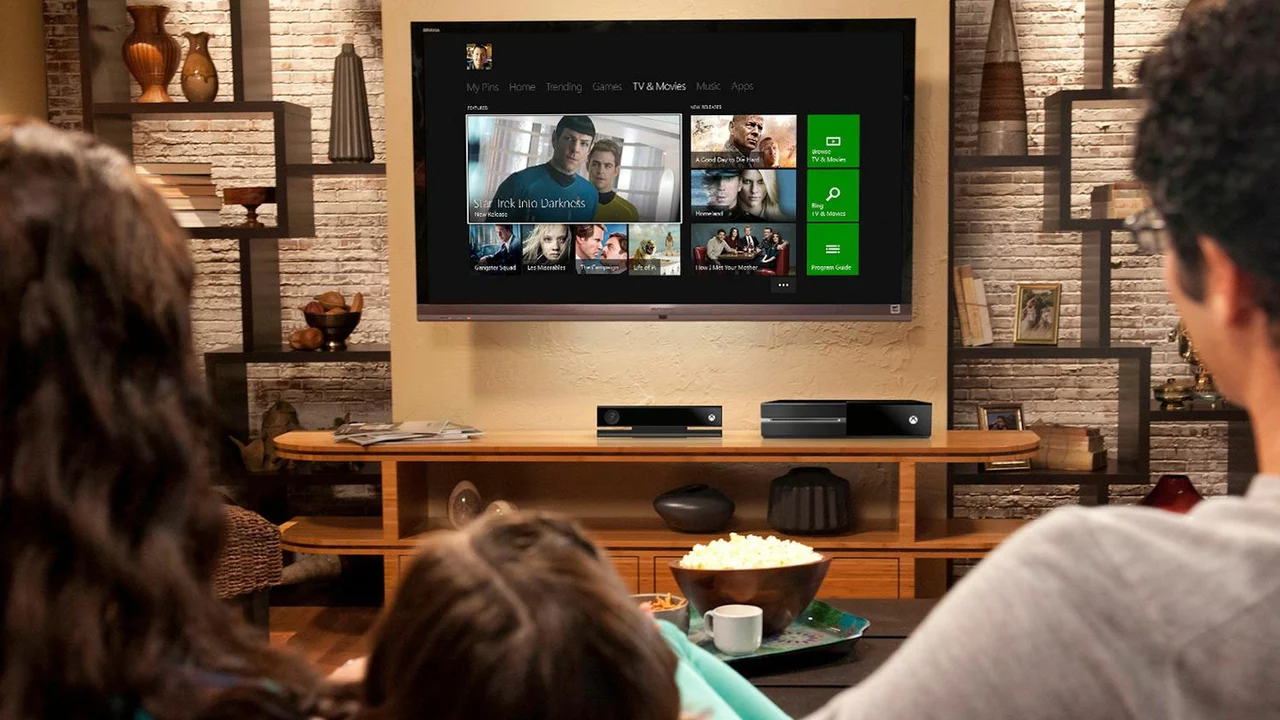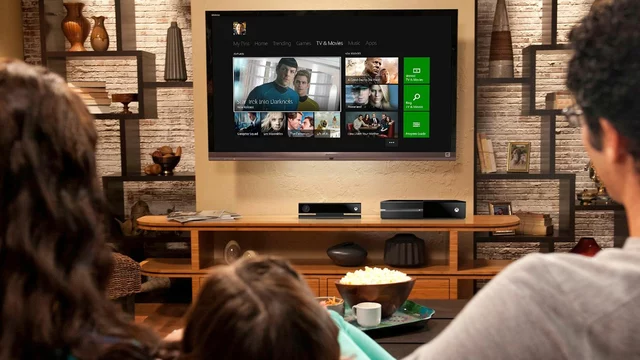- Home
- Entertainment And Media Analysis
- Is TV taking over movies in quality and popularity?

Is TV taking over movies in quality and popularity?
Introduction: The Battle Between TV and Movies
In recent years, there has been a shift in the entertainment industry. It seems that TV has been growing in quality and popularity, with some claiming that it is even taking over movies. In this article, we will explore this phenomenon and discuss whether or not TV is truly becoming the dominant force in entertainment. We will break down the various aspects of this debate, including the quality of storytelling, the caliber of actors, the impact of streaming platforms, and the cultural significance of both mediums.
The Rise of Prestige TV: Are Television Shows Surpassing Movies in Quality?
One of the main reasons why people believe that TV is taking over movies is the rise of "prestige TV." Over the past decade or so, we have seen a surge in high-quality television series, with more intricate plots, well-developed characters, and impressive production values. Shows like "Breaking Bad," "Game of Thrones," and "The Crown" have set a new standard for what TV can achieve, and in some cases, these shows have surpassed the quality of many movies.
Furthermore, television series have the advantage of being able to tell longer, more in-depth stories. While movies typically have a runtime of around two hours, TV shows can span multiple seasons, allowing for deeper exploration of themes and character development. This can lead to more satisfying storytelling experiences, as viewers become more invested in the characters and narrative.
A-List Actors: The Migration from the Silver Screen to the Small Screen
Another factor contributing to the rise of TV is the growing number of A-list actors who are choosing to work in television. In the past, film was seen as the pinnacle of an actor's career, and television was often considered a step down. However, this perception has changed in recent years, with many high-profile actors making the switch to TV. Stars like Nicole Kidman, Reese Witherspoon, and Meryl Streep have all appeared in successful television series, signaling a shift in the industry landscape.
Part of the reason for this migration is the increased creative freedom that television offers. In film, actors often have to conform to the demands of studios and producers, while TV allows for more artistic control and collaboration. Additionally, the success of shows like "Big Little Lies" and "The Morning Show" has demonstrated that there is a market for high-quality, star-driven television projects.
Streaming Platforms: The Game Changer in Entertainment Consumption
The rise of streaming platforms like Netflix, Hulu, and Amazon Prime has also played a significant role in the shifting entertainment landscape. These services have made it easier than ever for viewers to access and consume television content, leading to increased popularity and demand for TV shows. In contrast, movie theaters have been facing declining attendance, as more people opt to stay home and stream content instead.
Streaming platforms have also become major players in the production of original content. Netflix and Amazon, in particular, have invested heavily in creating high-quality television series and movies, further blurring the lines between the two mediums. With streaming platforms producing award-winning content like "The Marvelous Mrs. Maisel" and "Roma," it is clear that the TV and film industries are becoming more intertwined than ever before.
Box Office vs. Ratings: How Popularity is Measured
When discussing the popularity of TV and movies, it is important to consider how success is measured for each medium. For movies, success is often determined by box office revenue, while TV shows are judged by their ratings and viewership numbers. However, with the rise of streaming platforms, traditional ratings have become less relevant, as more people watch shows on-demand rather than during their scheduled broadcast times.
Moreover, box office revenue is not always an accurate reflection of a movie's quality or cultural impact. A film can be a financial success but still receive mixed or negative reviews from critics and audiences. Similarly, a critically acclaimed TV series may struggle to find a large audience, despite its high quality. Thus, it is difficult to definitively say whether TV is more popular than movies based solely on box office and ratings data.
Cultural Impact: The Lasting Legacy of Movies and TV Shows
In addition to quality and popularity, it is also worth considering the cultural impact of TV and movies. Historically, movies have been seen as the more prestigious medium, often tackling important social issues and shaping public discourse. However, as TV shows have increased in quality, they too have begun to leave their mark on society.
For example, "The Sopranos" and "The Wire" are often credited with changing the way that TV is perceived, proving that the small screen can produce complex, thought-provoking stories that rival the best of cinema. Similarly, shows like "Friends" and "The Office" have become cultural touchstones, with their catchphrases and iconic moments permeating everyday conversation. While it is difficult to say whether TV has definitively overtaken movies in terms of cultural impact, it is clear that both mediums have the power to leave a lasting impression on audiences.
The Future of Entertainment: A Coexistence of TV and Movies
So, is TV really taking over movies in quality and popularity? While it is clear that television has made significant strides in recent years, it is perhaps too simplistic to say that it is "taking over" movies. Both mediums have their own unique strengths and limitations, and it is likely that they will continue to coexist and evolve alongside each other.
As technology continues to advance and the way we consume entertainment changes, it is possible that the lines between TV and movies will become even more blurred. In the future, we may see more crossover between the two mediums, with actors, directors, and producers working on both film and television projects. Ultimately, the most important factor is not whether one medium is superior to the other, but rather the quality of the stories that are being told and the impact they have on audiences.
Conclusion: Embracing the Best of Both Worlds
In conclusion, while television has undeniably made impressive strides in recent years, it is not necessarily taking over movies in quality and popularity. Instead, we should celebrate the fact that we now have access to a wealth of high-quality entertainment across both mediums. Whether you prefer the immersive experience of watching a movie in a theater or the comfort of binge-watching your favorite TV series at home, there is something for everyone to enjoy in today's entertainment landscape.

Caspian Harrington
Hi there! My name is Caspian Harrington and I'm a blogger who specializes in entertainment, fashion, and beauty. I have a passion for writing about films, especially those that intertwine style and artistry in unique ways. With a keen eye for detail, I enjoy analyzing movie costume design and exploring the influence of fashion on the big screen. Join me as I dive into the cinematic world and share my thoughts on everything from classic films to the latest blockbusters.
About
Welcome to Filmy Haven India, your ultimate destination for the latest in Indian cinema, reviews, and entertainment news. Immerse yourself in the world of Bollywood, Tollywood, and more, as we bring you exclusive content, interviews, and updates on your favorite stars and movies. Join our vibrant community of passionate film buffs and celebrate the magic of Indian cinema with Filmy Haven India.


